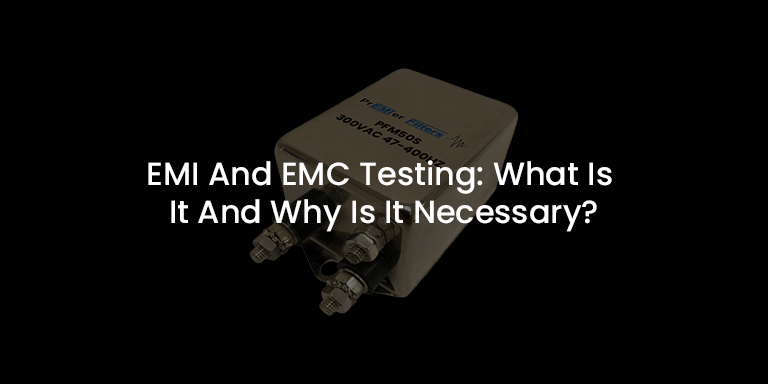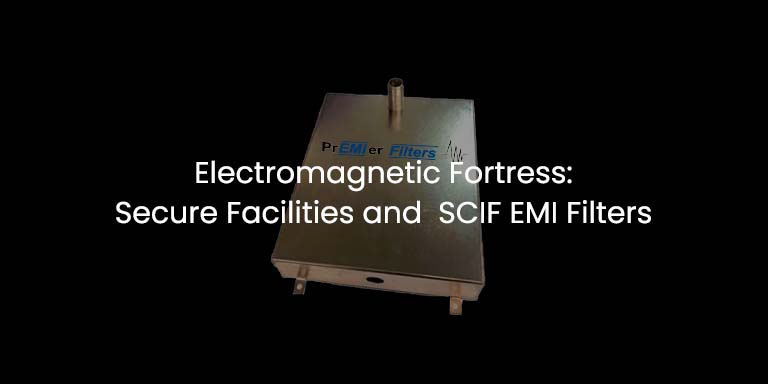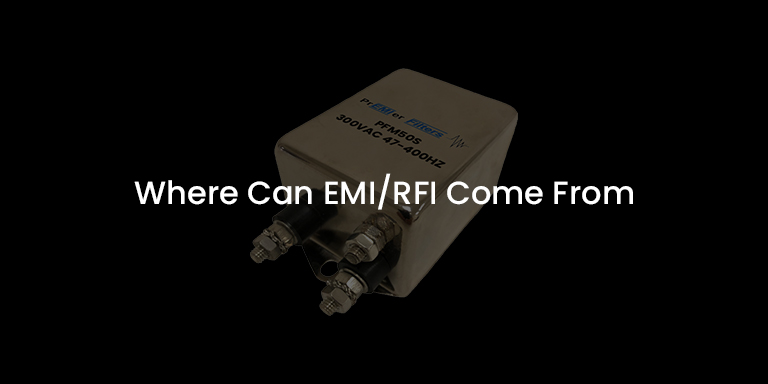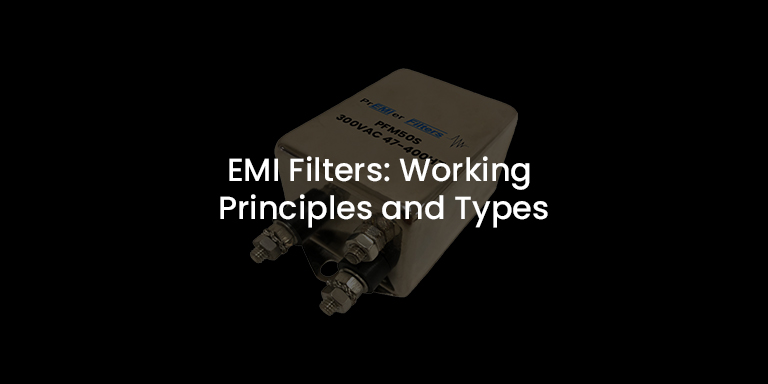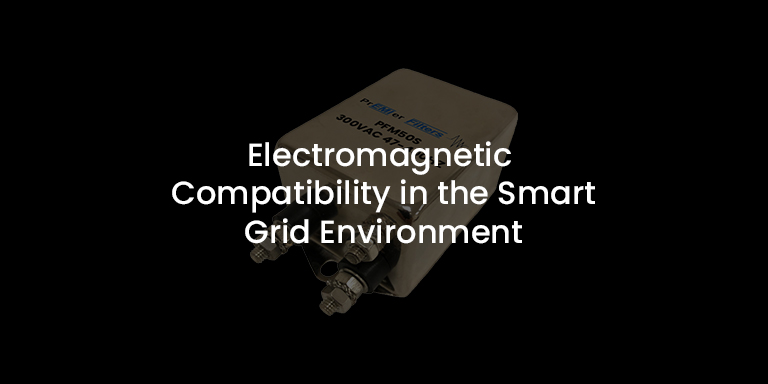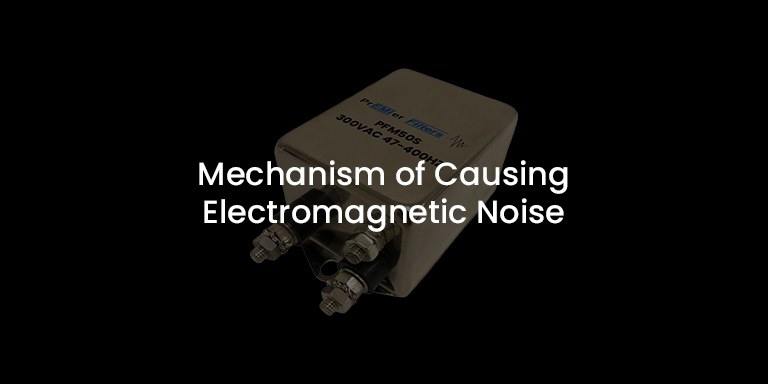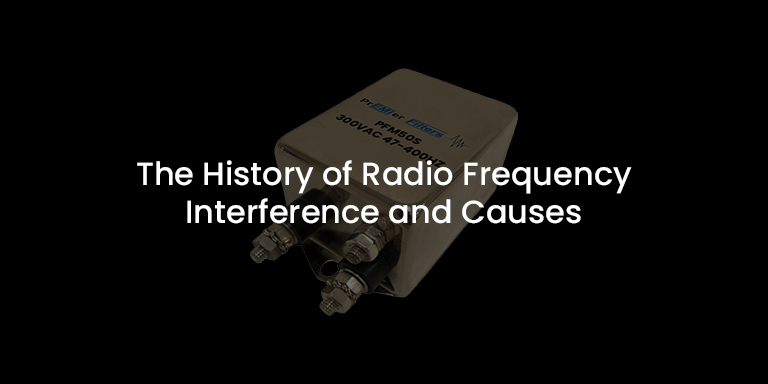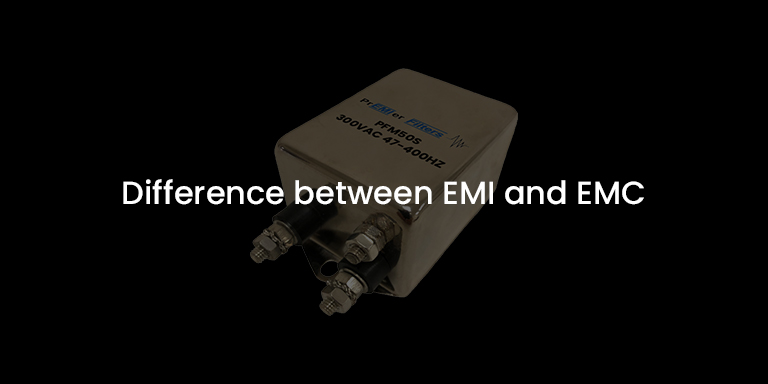EMI And EMC Testing: What Is It And Why Is It Necessary?

EMI and EMC
EMI (Electromagnetic Interference) can disrupt the operation of an electronic device that is placed close to the electromagnetic energy of an external electrical source (natural or man-made). Disruption may cause the failure of the device, or the device may not be able to function properly.
EMI sources can be natural or man-made. Natural sources include solar radiation, electrical storms, etc., while man-made sources include devices such as switch-mode power supplies, personal computers, solar inverters, etc.
EMC (Electromagnetic Compatibility) pertains to enabling a device to function properly in its intended environment in the presence of EMI sources.
EMI and EMC Testing
Testing is essential to determine that a device can operate within its intended environment and in accordance with required standards. Pre-compliance and compliance testing are generally performed by specialized test facilities or test houses, although many companies have incorporated some level of pre-compliance test capability in-house. Compliance testing for EMI/EMC requires methods, equipment, and measurement sites in compliance with national or international standards. Individual nations define compliance with national and international standards that may vary.
EMI and EMC testing can be categorized into the following categories:
- Emissions Testing
- Immunity Testing
Emissions Testing
Emissions testing measures the amount of electromagnetic noise generated by the device. The purpose of emissions testing is to ensure that emissions from the device are below the defined limits to ensure that the device will not cause any harmful interference to other devices operating within its expected operating environment.
Immunity Testing
When a device is exposed to electromagnetic noise and other disturbances, immunity testing measures its reaction. The purpose of immunity testing is to assure that the device will perform the desired operation when used within its expected operating environment.
Why is EMI and EMC Testing Necessary?
Designers and manufacturers of electronic products must care about EMC compliance. Countries across the world have defined EMI and EMC regulations to improve reliability and safety to their electrical and electronic equipment users. The regulatory bodies have set specific limits on the amount of unwanted emission emitted from a device. The primary goal of such limitations is to prevent interference to nearby TV or radio receivers. If an electrical/electronic product fails to pass EMI/EMC regulations, it may result in fines, seizures or product recalls.
EMI Testing With Premier Filters
Premier Filters conducted emission pre-compliance test capability can evaluate products to determine a system’s filtering needs before paying for independent testing at an EMI/EMC lab. With 70+ years of EMI/EMC experience, Premier can define and provide the right filter ahead of schedule and under budget. For further information, visit https://www.premieremc.com.

